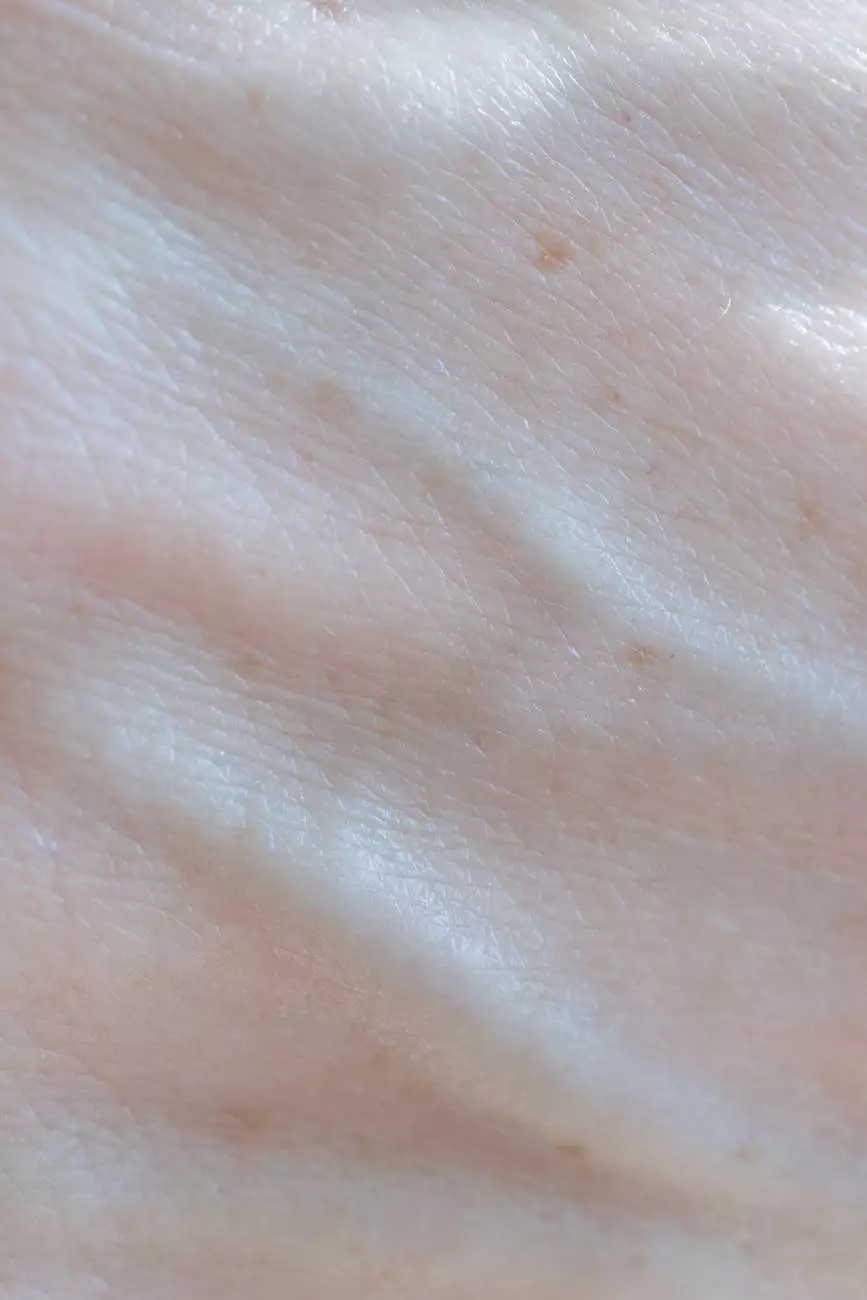7 Strange Skin Facts You Probably Didn't Know
Skin Care
The Importance of Understanding Your Skin
As a part of the Health category, Smith, Arthur F, MD aims to provide valuable information about various aspects of human health. In this article, we will explore some truly intriguing and lesser-known facts about the human skin. Our goal is to enhance your understanding and appreciation for the largest organ in the human body.
Fact 1: Skin Regenerates Constantly
Did you know that your skin is constantly renewing itself? The outer layer of our skin, the epidermis, regenerates approximately every 27 days. This fascinating process supports the growth of new skin cells, enabling our skin to heal and maintain its protective barrier against external factors.
Fact 2: Skin Is Packed with Nerve Endings
Our skin is a highly sensitive organ, containing millions of nerve endings. These nerve endings allow us to perceive touch, pain, heat, and cold. Without them, we would lack the ability to feel sensations and navigate the world around us. It's truly incredible to think about the intricate network of nerves beneath our skin's surface.
Fact 3: Skin Plays a Role in Vitamin D Production
One of the lesser-known functions of the skin is its vital role in producing vitamin D. When exposed to sunlight, a type of cholesterol present in the skin is converted into vitamin D. This essential vitamin helps regulate calcium levels in our bodies, contributing to strong bones and overall health. Remember to get some sun, but don't forget your sunscreen!
Fact 4: Your Skin Changes Over Time
Our skin goes through numerous changes as we age. Collagen and elastin, proteins that provide firmness and elasticity, decrease in production as we get older. This can lead to wrinkles and sagging skin. Understanding these natural processes can help in implementing a proper skincare routine and taking preventive measures to maintain healthy skin as we age.
Fact 5: Skin Is Unique Like a Fingerprint
Similar to our fingerprints, each person's skin is unique. The patterns and ridges on our skin make up what is called the dermatoglyphics, which are used for forensic identification. Dermatoglyphics play a critical role in forensic science, helping to solve crimes and identify individuals. This showcases the incredible diversity and complexity of human skin.
Fact 6: Skin's pH Is Important for Protection
The pH level of our skin plays a crucial role in maintaining its integrity and acting as a protective barrier. The skin's pH is slightly acidic, typically ranging from 4.5 to 5.5 on the pH scale. This acidity helps to inhibit the growth of harmful bacteria and fungi, ensuring the skin remains healthy and resistant to infections.
Fact 7: Harmful Effects of Tanning
Tanning may give the skin a temporary sun-kissed glow, but it can have long-lasting, harmful effects. Ultraviolet (UV) radiation from the sun triggers the production of melanin, a pigment responsible for tanning. However, excessive UV exposure can damage the DNA in skin cells, leading to premature aging, sunburns, and even an increased risk of skin cancer. Protecting your skin from the sun's harmful rays is crucial for maintaining its health and appearance.
Expand Your Skin Knowledge
By delving into these fascinating skin facts, we hope to have broadened your knowledge and sparked your curiosity about this remarkable organ. Remember, it's essential to take care of your skin and prioritize its health. Let us be your trusted partner in providing reliable and accurate information about your skin and overall well-being.
Contact Smith, Arthur F, MD for Expert Advice
If you have any questions or concerns regarding your skin, do not hesitate to reach out to the experts at Smith, Arthur F, MD. Our team of experienced professionals is dedicated to providing top-notch care, ensuring that your skin remains healthy, vibrant, and well-nourished. Contact us today to schedule a consultation and embark on your journey toward optimal skin health!




